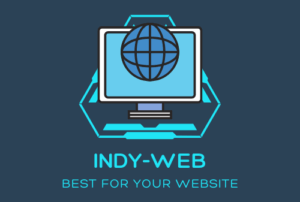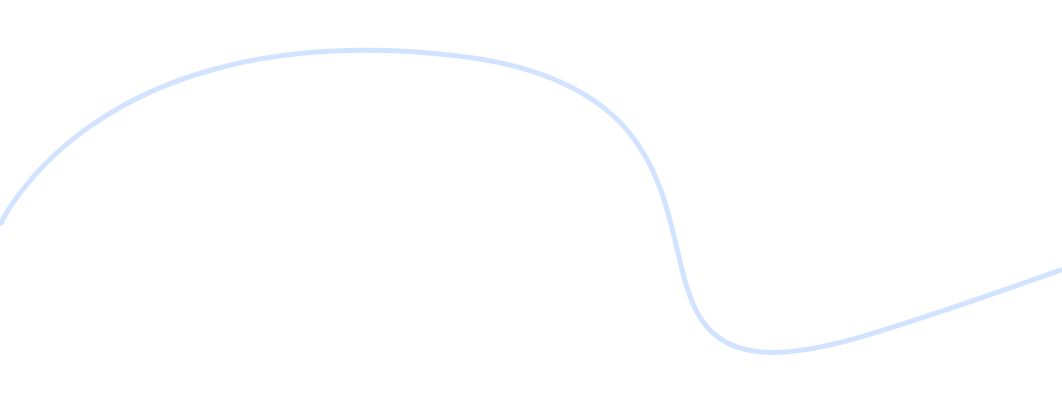The internet has become a vital part of daily life, connecting people, businesses, and ideas across the globe. Over the years, many platforms have risen to dominate the digital space, but at the same time, new projects continue to emerge with fresh perspectives. One such project that is gaining attention is Indy-Web. Unlike traditional networks that often rely heavily on centralized control and big corporations, Indy-Web aims to bring something different: a more open, independent, and user-centered way of being online.
What is Indy-Web?
Indy-Web is a modern digital initiative that focuses on independence, creativity, and direct connections. Instead of users being controlled by algorithms, advertisements, or third-party platforms, Indy-Web emphasizes giving control back to individuals. It works on the idea that the internet should be a space where people can share, connect, and collaborate freely without losing ownership of their content.
In many ways, Indy-Web is a response to the challenges of today’s internet. Big social media companies and search engines dominate the flow of information, often making people feel that they are no longer in charge of their own digital presence. Indy-Web seeks to balance this by creating a system where users can publish, manage, and share on their own terms.
The Purpose of Indy-Web
The main purpose of Indy-Web is to promote digital independence. This means helping individuals, businesses, and communities set up their own digital spaces without needing to rely on larger corporations. By doing this, people get more freedom, more privacy, and more authenticity in their online interactions.
Indy-Web also places a strong focus on community-driven connections. Rather than being another large platform where users compete for attention, it encourages smaller, more meaningful networks. It is designed for those who want quality conversations, genuine sharing, and a chance to build relationships without distraction.
Key Features of Indy-Web
- User Ownership of Content
On many platforms, once you upload your photos, videos, or writings, you give away some control. Indy-Web changes that by allowing users to remain the true owners of their digital content. - Open and Independent
Indy-Web is not tied to one corporation. It operates on open principles, ensuring that users are not trapped in one system. - Privacy First
Data protection is a major concern today. Indy-Web highlights privacy as a priority, giving users confidence that their information will not be misused. - Creative Freedom
Artists, writers, businesses, and everyday users can use Indy-Web as a free space to share their ideas without the restrictions often found on mainstream platforms. - Community Connections
Instead of relying on likes or followers, Indy-Web encourages networks based on real interest and collaboration.
Why Indy-Web Matters Today
The timing for a project like Indy-Web could not be better. As more people express concerns about online privacy, misinformation, and the influence of large tech companies, there is a growing demand for alternatives. Indy-Web offers a refreshing choice for those who feel the mainstream internet no longer serves them.
For small businesses, Indy-Web provides a chance to reach audiences directly without paying for expensive advertisements. For creators, it is a space to showcase talent without worrying about their work being buried by algorithms. For regular users, it offers peace of mind that their interactions remain authentic and not manipulated.
Indy-Web and the Future of the Internet
If Indy-Web continues to grow, it may inspire a new wave of internet platforms that are more open, transparent, and user-friendly. The rise of independent digital projects like this shows that people want more control over their online experiences.
The future internet could become a place with a balance between large global platforms and independent networks like Indy-Web. Together, they would give users more choice, allowing everyone to find a digital home that fits their needs.
Challenges Ahead
Like any new project, Indy-Web will face challenges. Competing with well-established giants such as Facebook, Google, or Instagram is not easy. Getting people to leave platforms they already use daily will require strong reasons and clear benefits. Additionally, building trust and maintaining security will be important for long-term success.
However, the strength of Indy-Web lies in its uniqueness. It does not try to replace everything at once but instead focuses on providing independence, privacy, and community to those who value them.
Final Thoughts
Indy-Web is more than just a platform; it is a vision of what the internet could be. By prioritizing independence, privacy, and creativity, it brings back the original spirit of the web—an open space for everyone. While challenges exist, its approach offers hope for a better digital future.
As more people discover Indy-Web, it may become an essential part of the online world, standing as a reminder that the internet belongs to its users, not just the corporations that manage it.





